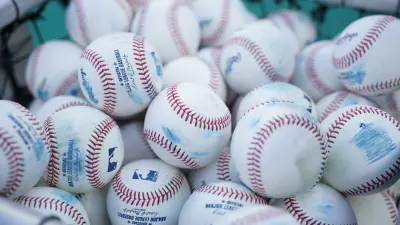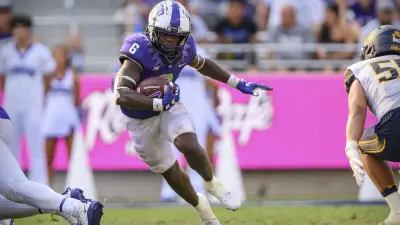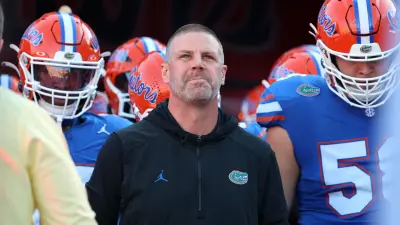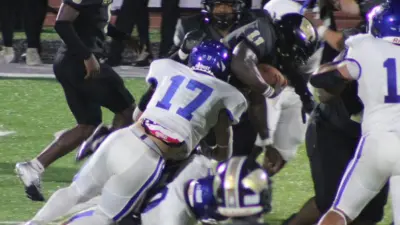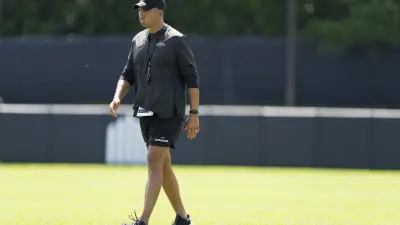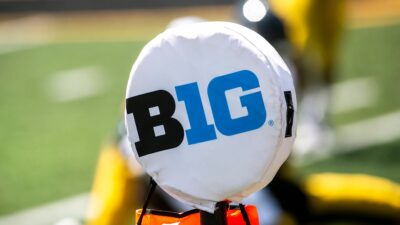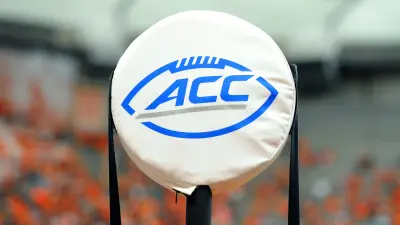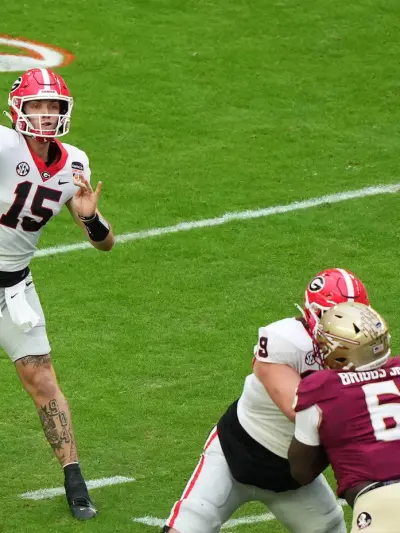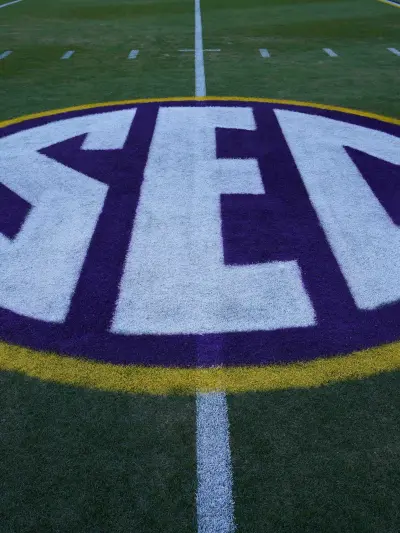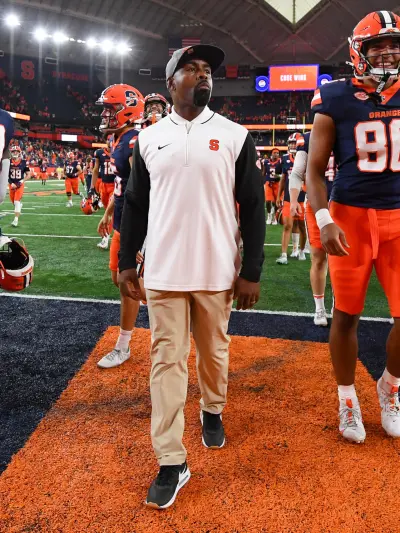Discover the benefits of a day off in baseball, from physical recovery and mental reset to strategic advantages. Learn how proper rest can enhance player performance and reduce injury risks.
Thus, today, in the actual hothouse environment that professional sports have become, baseball is like a long-distance race marathon! Divided over 162 bouts or contests, a season is somewhat nearing a six-month marathon rather than the 90-minute sprint it is usually conceived to be. It occurs to me often that sometimes, a single day can make a lot of difference: not just between the world keeping pace with you physically, but also mentally and tactfully as well. And everyone needs different types of rest. For example, you can take a break and play casinos from the New Jersey online casinos list
What baseball therapy is not, is constant training or vigorous exercising, occasionally, what the patient needs is rest. The question is, does a day off make a lot of difference?
Physical Restoration: Beyond the Basics of Rest
From a physical perspective, the advantages of taking a day off may not look very exceptional. Professional baseball players for pitchers, infielders, and slugging positions exert a lot of tension on their bodies. Fatigue and micro-injuries to muscles and joints occur during training throughout the season and affect performance and injury incidence.
But the physical manipulation does not stop there. It’s not only about recovering tired muscles – rest also will help players reset internal processes. In particular, pitchers require such breaks Tobacman & Rosentraub, 2011, p. Each throws between 90 and 110 times in one game and this puts a lot of force on the shoulder, elbow, and abdomen. They pitch more than any other position in a baseball game so having a day off will decrease the chances of overuse injury. But rest is more than a way to reduce the probability of an accident; it also preserves velocity, accuracy, and strength for the next performance.
For position players there is not just sorting out muscle issues, getting position players back on the field after a game requires more than just ice & rest. I argue that constant practice on the contrary is detrimental to agility, and sensitivity, especially hand and eye coordination which is essential in hitting and catching.
More Sports News
The Mental Game: Refreshing Focus and Strategy
While physical recovery is essential, the psychological benefits of a day off are just as significant. Baseball is a game of focus, precision, and consistency. Players need to concentrate for extended periods, assessing every pitch, calculating defensive shifts, and planning their swings with pinpoint accuracy. A day off while having some activities through the day or in the evening acts as a mental reset, allowing athletes to step away from the pressure cooker environment of constant performance.
Moreover, mental fatigue can lead to emotional burnout. Baseball is a sport where success is built on dealing with repeated failure; even the best hitters get on base less than half the time. This grueling reality can be emotionally draining, particularly during slumps. A day off gives players time to recharge, reflect, and return with a clearer mind. It offers the chance to break negative thought patterns and build resilience, helping them approach the game with renewed vigor.
Strategic Value: Balancing Rest and Performance
Beyond individual benefits, days off have strategic implications for teams as a whole. A manager’s ability to effectively use off days can impact lineup construction, bullpen management, and even in-game decisions. By strategically resting key players, managers can ensure that their roster is at full strength during critical matchups.
Pitching rotations, for instance, are directly affected by off days. A day off can allow a team to skip their fifth starter and give their top-of-the-rotation pitchers an extra outing, potentially shifting the balance in a tight divisional race. Similarly, a rested bullpen is a major asset, allowing managers to use their best relievers more effectively in late-game situations.
Position players benefit as well. Baseball is a game of subtle statistics, where even slight dips in performance can change outcomes. A day off can be strategically placed to ensure that a star player is fresh for a series against tougher opponents or to create a favorable platoon matchup.
The Science of Recovery: Data-Driven Decision Making
In recent years, advancements in sports science have given teams new insights into the optimal use of rest days. Tools like biometric monitoring, sleep tracking, and fatigue analysis allow teams to assess a player’s physical condition with unprecedented precision. This data-driven approach enables managers to tailor rest schedules to individual needs, ensuring that players receive breaks before performance declines or injury risks spike.
For example, wearable devices can track players’ muscle exertion, heart rate variability, and sleep quality. If a player’s metrics indicate higher-than-normal fatigue or stress, the coaching staff can plan a rest day proactively, preventing overuse.
Final Say: The Invisible Edge
In a game where the difference between winning and losing often comes down to inches or milliseconds, a single day off can provide an invisible edge. It’s more than just a pause in the season; it’s an integral part of a player’s regimen that influences physical health, mental well-being, and overall strategy. A well-rested player is a sharper, more focused, and more resilient competitor.
